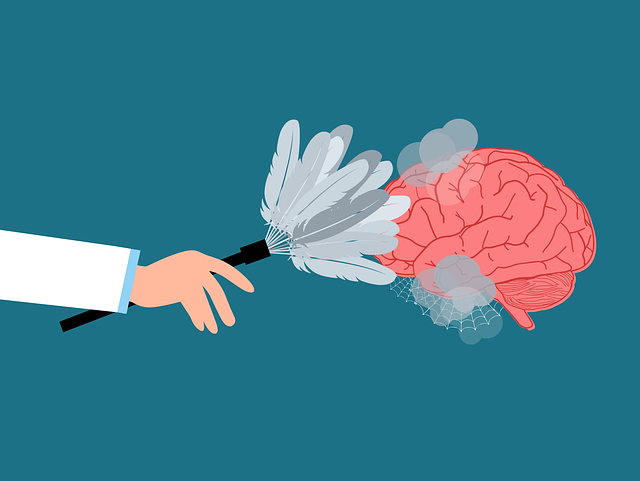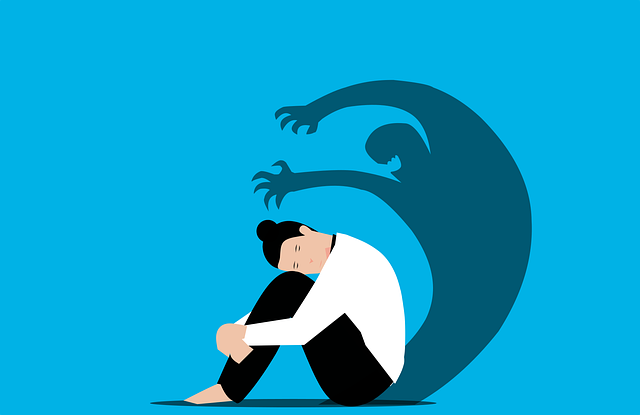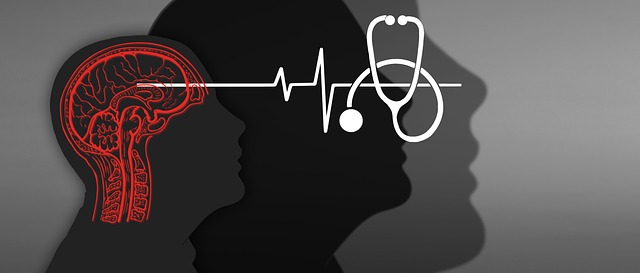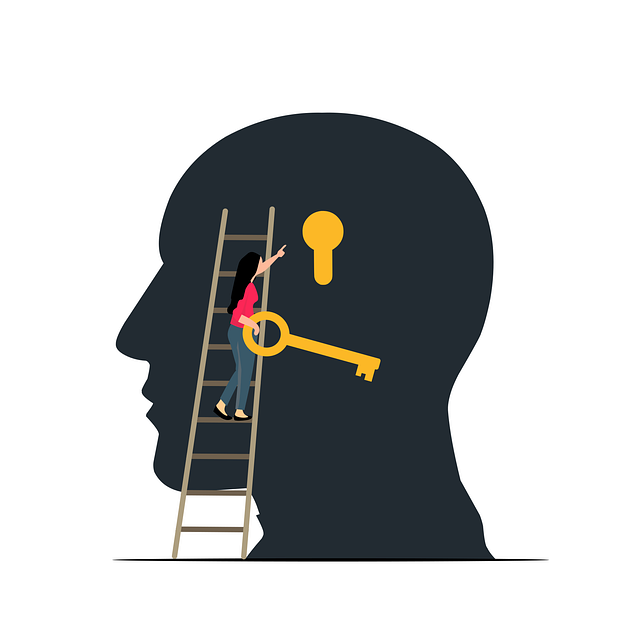Coping skills are essential tools in therapy for adults couples counseling, helping individuals manage stress, overcome emotions, and build resilience for long-term mental well-being. Through evidence-based practices like CBT, therapists guide clients to develop healthy coping strategies, improve self-esteem, and enhance communication. Integrating these skills into daily life—such as mindfulness, deep breathing, and journaling—empowers individuals to confront challenges with adaptability, reducing anxiety and stigma while fostering stronger relationships.
Coping skills development is a vital component of therapy, especially in adult couples counseling. Understanding these skills and their significance can greatly enhance therapeutic outcomes. This article explores effective strategies for coping skills development in adult couples counseling, highlighting the role of professionals in facilitating mechanisms that promote sustained well-being. We provide practical tips on integrating coping skills into daily life to empower individuals and strengthen relationships. Discover how these techniques can revolutionize therapy and improve overall mental health.
- Understanding Coping Skills and Their Significance in Therapy
- Strategies for Effective Coping Skills Development in Adult Couples Counseling
- The Role of Professionals in Facilitating Coping Mechanisms
- Integrating Coping Skills into Daily Life: Tips for Sustained Well-being
Understanding Coping Skills and Their Significance in Therapy

Coping skills are essential tools in therapy, especially when targeting adults and couples seeking counseling. They empower individuals to navigate life’s challenges, manage stress, and overcome difficult emotions. In the context of therapy for adults and couples, understanding and developing effective coping strategies is a game-changer. These skills enable clients to foster resilience, which is crucial for long-term mental health and well-being.
The significance of coping skills in therapy cannot be overstated, especially when considering the diverse needs of clients. For instance, risk management planning for mental health professionals often involves teaching clients these skills to prevent crises. Moreover, building resilience through coping strategies is a key focus in healthcare provider cultural competency training, ensuring that professionals can support clients from various backgrounds effectively.
Strategies for Effective Coping Skills Development in Adult Couples Counseling

In therapy for adults couples counseling, fostering healthy coping skills is a cornerstone of fostering strong and lasting relationships. When facing challenges or conflicts, couples can benefit from integrating mind over matter principles to enhance their emotional resilience. This involves encouraging active listening, where each partner expresses their feelings and concerns openly without judgment, creating a safe space for vulnerability. By practicing empathy and understanding, individuals can develop positive thinking patterns, shifting their focus towards solutions rather than perpetuating negative cycles.
Additionally, focusing on self-esteem improvement is vital. Counseling sessions can provide a platform for partners to explore and challenge self-limiting beliefs, boosting confidence in their ability to navigate difficult situations together. Through role-playing exercises and constructive feedback, couples learn effective communication techniques that promote understanding and strengthen their bond. By incorporating these tools, adult couples counseling becomes a transformative journey where positive thinking meets practical skill development, paving the way for healthier interactions and a more harmonious partnership.
The Role of Professionals in Facilitating Coping Mechanisms

Professionals play a pivotal role in facilitating coping mechanisms for individuals seeking therapy for adults or couples counseling. Skilled therapists create safe spaces where clients can explore their emotions, understand their triggers, and develop effective strategies to manage stress, anxiety, and other mental health challenges. Through evidence-based practices such as cognitive-behavioral therapy (CBT), professionals guide individuals in identifying unhealthy coping mechanisms and replacing them with adaptive behaviors that foster resilience building.
In the context of mental health policy analysis and advocacy, these professionals also contribute to broader solutions by promoting awareness and understanding of effective coping strategies. Their work extends beyond individual counseling sessions, influencing mental health policies and initiatives that support communities in developing resilience and anxiety relief on a larger scale.
Integrating Coping Skills into Daily Life: Tips for Sustained Well-being

Integrating coping skills into daily life is a vital step towards sustaining well-being and overcoming challenges. These strategies, often learned through therapy for adults or couples counseling, empower individuals to navigate stress, anxiety, and even mental illness with resilience. Start by incorporating small practices such as mindfulness exercises, deep breathing techniques, or journaling—simple yet effective tools that can be easily integrated into daily routines. Regular reflection and self-care activities create a buffer against life’s hurdles, fostering a sense of stability and emotional control.
Consider designing your day with a focus on mental health education programs’ principles. This might include setting aside dedicated time for relaxation or engaging in physical activity, which has been shown to reduce stigma reduction efforts around mental illness. Positive thinking exercises and cognitive reframing techniques can also transform perspectives, promoting a more optimistic outlook. By making these practices habitual, individuals can enhance their coping abilities, ultimately leading to improved overall well-being.
Coping skills development is a vital aspect of therapy, especially in adult couples counseling. By integrating effective strategies and professional guidance, individuals can enhance their ability to navigate life’s challenges. This article has explored various techniques, from understanding the significance of coping mechanisms to practical tips for everyday application. Through these insights, professionals can facilitate clients’ journeys towards improved mental well-being, enabling them to build resilience and foster healthier relationships in the context of adult couples counseling.











